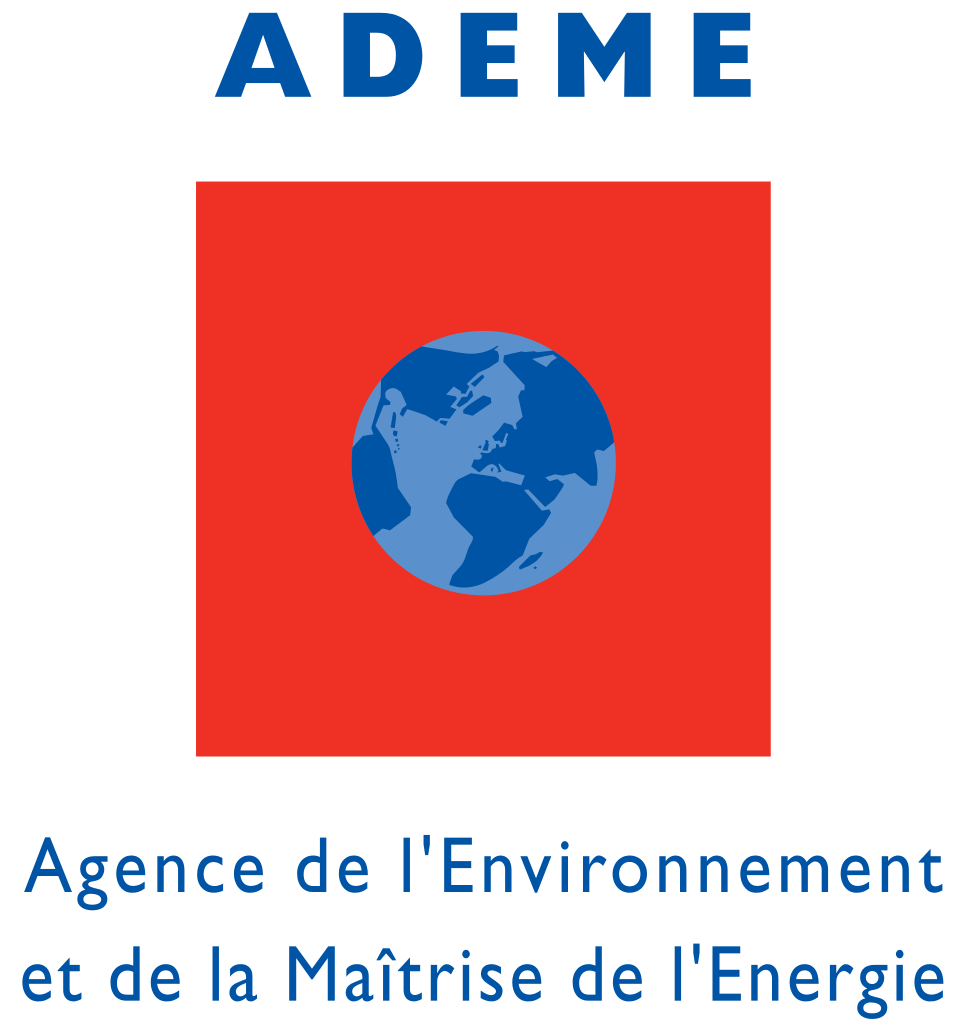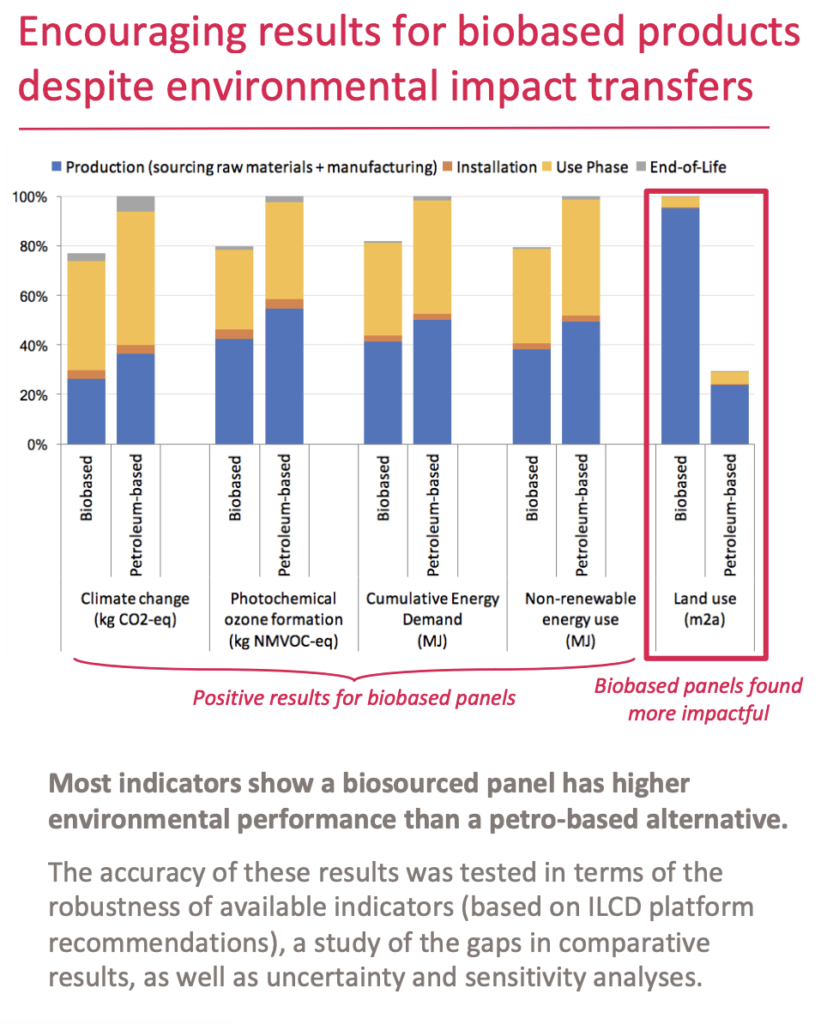One of the first publicly available LCA-based comparisons of biosourced and petroleum-based products.

Objectives
- Compare the environmental performance of biosourced and 100% petroleum-based private vehicle panels.
- Identify potential actions plans to enhance the environmental performance of biobased composites across the value chain.
- Share recent and robust datasets on the production of French hemp and flax, to support future studies.

Quantis Solutions
- Leverage Life Cycle Assessment (LCA) and eco-conception expertise to ensure robust results.
- Carry out uncertainty and sensitivity analyses to back conclusions.
- Partner with Fibres Recherche Développement (FRD) and Ecotechnilin to streamline data collection from producers and industrial partners.
- Mobilize key sector players throughout the study, to study possible product improvements.
- Develop robust LCA datasets aligned with the latest methodological standards.
Key results
Biosourced panels have a better environmental performance than their petroleum-based alternatives in terms of:
-
- Climate change (-23 %)
- Photochemical ozone formation (-20 %)
- Cumulative Energy Demand (-18 %)
- Non renewable energy use (-21 %)
Biosourced panels were however found to transfer their environmental impacts onto land use (+70%).
Biobased sector leaders were invited to collaborate on improving their products’ environmental footprint.
Client action plan
- New hemp and flax datasets were included in the Agribalyse® database.
- LCA results were published online, to raise public awareness and support a sector-wide effort to improve biobased products.
"This comprehensive life cycle study enabled a concerted reflection on the topic of bio-sourced products with a view to facilitate their evolution and continuous improvement.”
Alice Gueudet, Bioresources department
ADEME
Latest case studies

Case Study
Societe Generale
Societe Generale partnered with Quantis to assess and manage nature impacts, enhance portfolio strategy, and drive sustainable client engagement.

Case Study
Reckitt
Reckitt, with Quantis and CO2 AI, used AI and data to pinpoint and reduce Scope 3 emissions, improving footprint accuracy.

Case Study
Coop Group
Coop Group, with Quantis, created science-based targets and roadmaps, aligning climate strategy across seven business units.

